Hinduism is the third largest followed religion after Christianity and Islam. Unlike Christianity and Islam, Hinduism was not found by a particular person. It rather evolved into a religion over the years. In early days Hinduism was known by the name sanatana-dharma.
The word Hindu was coined by the Persians. One of the world's first civilization, the Indus valley civilization was formed on banks of the river Sindhu, which the Persians pronounced as Hindu and thus the people inhabiting that area came to be known as Hindus.

Understanding Hinduism Part-1
by queenbee
There are several prejudices associated with the Hindu religion. This article tries to unfold what really is Hinduism.
How And When Did Hinduism Originate?
There are several theories associated with the origin of Hinduism. But there is no doubt in the fact that it is the oldest religion known to man-kind. Unlike other religions that exist in the world today, Hinduism does not have a founder. Rather it evolved into one over several years. It contains teachings by saints whose main purpose in life was to know para-brahma or the eternal truth.
The world's earliest known civilization existed in the banks of the river Sindhu, by the name Indus valley civilization. People in that geographical area were collectively called as Sindhus which the Persians pronounced as Hindus. And thus traditions practiced by the Hindus collectively came to be known as Hinduism. Earlier Hinduism was known by the name sanatana-dharma.
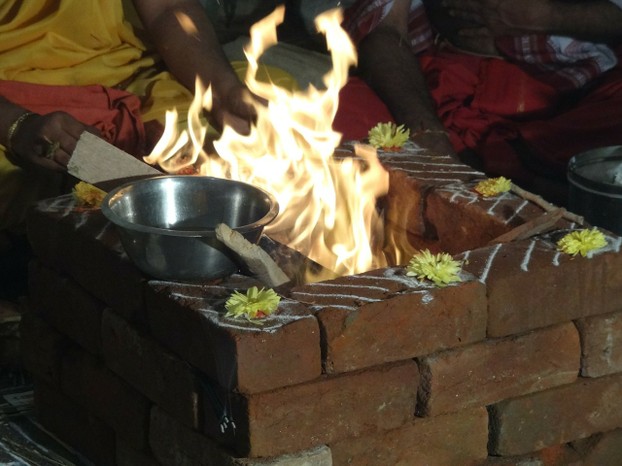 Hindu Preists Offering Ghee To The Fire Altar In A Ceremony |
What Is The Main Goal Of Life According To Hinduism?
Purpose Of Life
Hindus believe in re-births. All organisms in this world is involved in a cycle of births and rebirths. We cannot escape from it until we free ourselves from all the worldly pleasures and desires. Until then we take birth again and again on the earth.
What we are re-born as is based on our deeds in the previous birth. If we acted and thought like human beings, we will be born as one in our next birth. If we thought and acted like animals in our present birth, we will be born as one in our next birth. Taking birth as humans is considered to be the means by which we can attain moksha or salvation.
Moksha is the state in which one is completely free from all the worldly pleasures and desires. It is the state in which one know para-brahma or the eternal truth. For years saints tried to know the eternal truth and the traditions practiced by them was incorporated into one by the name sanatana-dharma which later came to be known as Hinduism.
Heaven And Hell According To Hindus
Doesn't Hindus believe in heaven and hell like the other religions? Well, of course they do. Heaven and hell are considered as intermediate temporary places that the souls occupy to take re-births until they have self-realization and know the eternal truth. Then there will be no more re-births. The soul will be free from the cycle of birth and re-birth when it knows the eternal truth.
Yama, the lord of righteusness decides where should each soul go, after death. Chitragupta, his minister take note of all the events that occur in the life of all the living beings on the earth. Even if we have done majority of good deeds, we have to spend a small time in the hell, for the small sins we have done.
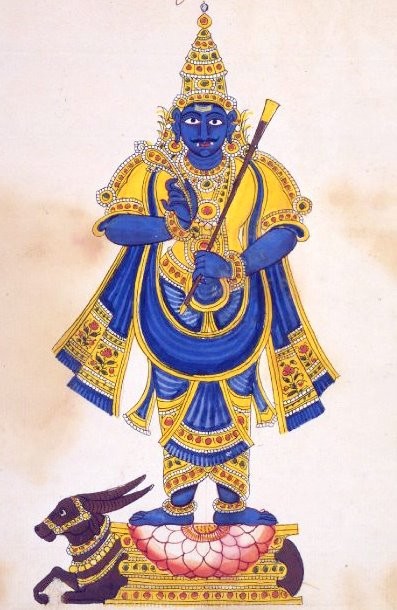 Yama In Hinduism |
You might also like
Ardhanarishvara Concept In HinduismThe Ardhanarishvara or Ardhanareeshwara concept also known as Shiva Shakthi i...
10 Days Of Navratri CelebrationsNavratri is an important Hindu festival celebrated across India for ten days....
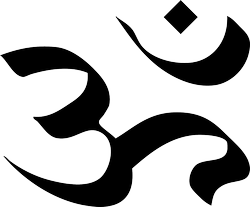

 Understanding Hinduism Part-2on 10/01/2014
Understanding Hinduism Part-2on 10/01/2014
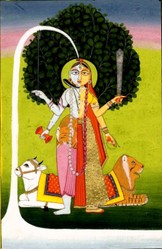
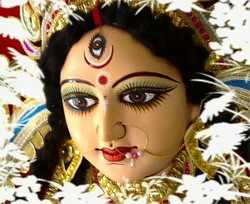
Comments